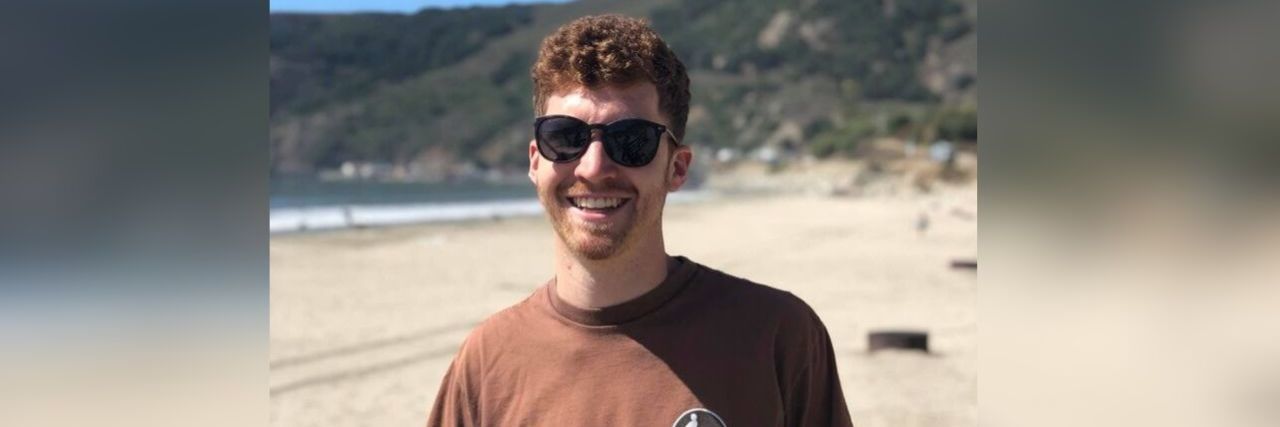As my last year at Cal Poly starts today, it is exciting to look back and see where the past 12 months have taken me. It was this time last year that I was finally realizing that something was wrong with my body. I spent more than a month doing random Google searches, thinking up way too many scenarios, and just trying to convince myself that everything was perfectly normal. Obviously, it was not and I finally found the courage to reach out for help. It was a whirlwind couple of days as I got examined, had an ultrasound, got the results, tried to carry on with a normal college weekend, and ultimately told my close friends and packed up to go home. Despite everything that followed later, those were probably the hardest days.
Going from thinking I had a simple infection to knowing the next day that I had cancerous cells wreaking havoc inside me was the most difficult part to comprehend. College is a wild place where you constantly feel either on top of the world or struggling to handle it all. I didn’t think I was invincible but I definitely thought I was healthy enough to never have to worry about anything. Many guys often feel like that or are encouraged by the world around us to always feel that way. We keep things to ourselves, never ask for help, and wait until things actually get bad until we “cave in” and reach out to others.
Luckily I came to my senses sooner rather than later. Early detection is the reason I’m here today, exactly where I am supposed to be, able to graduate in four years and be healthy for many more.
Shea Theodore, a hockey player on the Vegas Golden Knights, was recently diagnosed and treated for testicular cancer too. He didn’t find out until he failed a drug test because his hormone levels were way up. Shea was able to take care of it all, but what would have happened if he never had that drug test to fail? He would probably end up like many men and never realize until it’s much worse and a simple surgery is no longer the fix.
All people need to be more willing to share their troubles, questions, thoughts, and feelings with those around them. That is how we get help, find support, and hold on to some sense of control in our life. Check out Shea’s story, reach out to people in your life who might need it, and know what is normal for your body.

